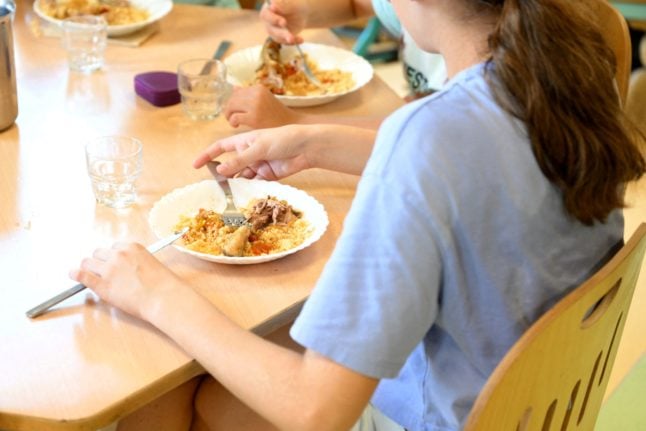Health Minister Agnes Buzyn admitted on Thursday that no discussion of a Dry January (known as mois sans alcool in French), initially set for 2020, would be held until a ministerial health prevention committee meeting in February.
“The campaign is being developed,” Buzyn told Franceinfo radio, adding that she would have to sign off on a Dry January, “but that's not necessarily the format we'll decide on.”
Anti-addiction campaigners denounced the U-turn, which they blamed on intense lobbying from the ANEV group of lawmakers from France's numerous wine-growing regions.
READ ALSO Thirteen of the best cheap bars in Paris

France has the third-highest per capita consumption of alcohol among the 36 members of the Organization for Economic Cooperation and Development, according to a report from the club of wealthy nations this month.
Alcohol results in 41,000 deaths in France each year, according to France's Public Health Agency, which urges people to limit themselves to two glasses a day – “and not every day.”
But Macron – who once proclaimed “I drink wine at lunch and dinner!” – reportedly told winemakers in the Champagne region earlier this month that they had nothing to worry about.
“He told us, 'You can let people know there won't be any Dry January',” Maxime Toubart, president of the Champagne growers' association, told the Vitisphere industry website.
Asked about the comment on Wednesday, the Elysee Palace refused to confirm or deny the report.
The plan took its inspiration from the Dry January launched by the British association Alcohol Change in 2013, which has proven increasingly popular as people take a break from imbibing after the holiday festivities.
The French health ministry already sponsors a smoke-free November to raise awareness over the risks of tobacco.
“There were backroom decisions taken that raise questions, even though the budgets were set and people were already at work” on the campaign, said Nathalie Latour of the Addiction Federation.
“These campaigns work: they set a challenge and let people talk about alcohol in a different way, without stigmatising it, and contribute to more controlled use for several months afterwards,” she said.
France's agriculture minister had already unleashed a torrent of criticism from addiction experts last January after he claimed that wine, unlike other forms of alcohol, was rarely the cause of binge drinking.



 Please whitelist us to continue reading.
Please whitelist us to continue reading.
Member comments